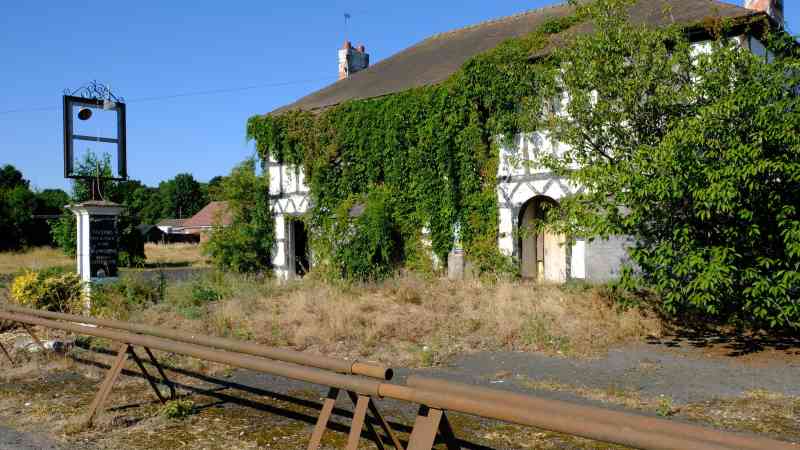Final orders were called at an average of 50 pubs every month in the first half of this year, triggering industry calls for business rates relief.
The number of pubs in England and Wales fell by 305 from last December to 39,096, according to an analysis of official government data by Altus Group, a commercial property intelligence company.
In total, 472 pubs were shut during the financial year to the end of March. This included demolitions and conversions into other uses, such as homes, offices or day nurseries.
The closures have prompted Alex Probyn, the president of property tax at Altus Group, to warn of a “double whammy” of property tax rises for pubs looming next April. “The last thing pubs need is an average business rates hike of £12,160 next year through inflationary rises and the loss of the discount,” he said before calling on Rachel Reeves to address this in her budget on October 30.
The 75 per cent business rates relief for pubs is set to end on March 31 next year. Business rates are also set to rise next April in line with September’s headline rate of inflation, which, if unchanged from August, could add an extra 2.2 per cent to bills next year.
Despite contributing £34.3 billion to the economy annually and supporting more than a million jobs, according to a think tank, pubs make only 12p per pint, the British Beer and Pub Association has said.
Joe Fyans, head of research at Localis, a think tank, said: “To ensure [pubs’] long-term survival, we need a policy framework that recognises their value and supports their continued success.”
Emma McClarkin, chief executive of the British Beer and Pub Association, said that the “government must use this budget to cut beer duty, reform business rates and maintain 75 per cent business rates relief so that pubs and brewers can remain a cherished part of society”.
The trade association claims that a 5 per cent cut to beer duty would result in up to 12,000 additional jobs, mainly in pubs. Establishments would be able to lower their prices, which could boost demand.
Between 2021 and 2023, pubs shut at a rate of 500 per year, according to the association. If the 2024 pace of closures continues, England and Wales could lose 600 pubs by the end of the year.

In May Heineken pledged to reopen 62 pubs that had been closed in recent years and to invest £39 million in refurbishing hundreds of sites throughout the UK. The Danish brewing company said the cash injection into its Star Pubs & Bars chain would create more than a thousand new jobs.
● A shortfall in skilled tradespeople threatens to undermine Britain’s housing and net-zero ambitions, according to a report. The country needs 1.3 million new skilled workers and 350,000 apprentices over the next decade to meet government targets and the growing demands of the construction, home improvement and repair industries, according to research by Checkatrade, in conjunction with Capital Economics.
The home improvement and repair sector is forecast to grow by 40 per cent over the next ten years, contributing 2.4 per cent to GDP, driven by expected improvements to housebuilding under Labour, with interest and mortgage rates set to fall. However, this growth is said to be at risk owing to a skills deficit.
